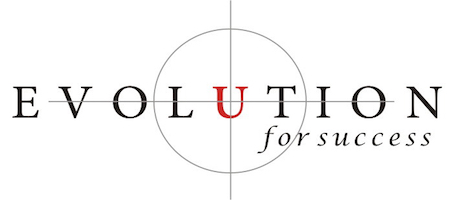Which Executive Coach or Life Coach is Right For You?
Here Is How to R.A.T.E. a Prospective Executive Coach.
 Finding the right Life Coach or Executive Coach can seem like a daunting task. Here are a few simple guidelines to keep in mind as you explore your options.
Finding the right Life Coach or Executive Coach can seem like a daunting task. Here are a few simple guidelines to keep in mind as you explore your options.
But first and foremost, ask yourself what specific results you want to get from personal coaching. Do you want to embark in a process of self discovery or are you interested in getting more clients, generating more business, getting out of overwhelm in your business or even in your personal life?
Once you have an idea of what you hope to accomplish by hiring a life or executive coach, it’s time to ask him or her some questions…
RESULTS: What results have you helped clients achieve?
Investing in a personal life coach or executive coach is not like buying a product you can return to the store –after all you are paying for the coach’s insight, processes, and psychological strategies which varies greatly from one coach to another. Yet, their clients’ results are definitely measurable. Ask, “What specific results have their clients achieved as a direct result of their coaching relationship?” If self discovery or pure emotional support is what you are hoping to gain, responses like “get in touch with their authentic self, support and insight, find their truth, or explore their talents.” will resonate with you.
ACCESSIBILITY: Are you available to take my calls when it’s convenient for me?
Most coaching packages provide two to four coaching sessions per month for 30-60 minutes. Some will even add a certain amount of email exchanges per week if needed. The problem is that most of the emotional moments when you need your coach’s support will not be during your “next scheduled call.” Many personal, life and business coaches today work their businesses part time and will not be available for you in between sessions. If accessibility is important to you, be sure and ask, “What additional support can I expect in between our formal sessions?”
TRAINING: Where were you trained and what is your coaching style?
Most coaches will have a certification or training from a Coach Training School. Be aware that anyone can provide a “Coaching Certification.” Your next door neighbor could start their own coaching practice tomorrow and label themselves a “Life Coach” or “Business Coach.” Ask, “what formal and informal training have you completed?” Remember, a certification does not equal a coach’s ability to help you get results. While every realtor has a license, your goal is to hire the one that can sell your house the fastest for the highest price. Coaching style is also a factor since each coach takes a unique approach to coaching. Some personal coaches are more assertive and to the point, some are gentle and soft spoken, while others combine a direct approach with a supportive style. You need to decide what will work best for you.
EXPERIENCE: How much experience do you have?
Nothing takes the place of experience. Experience doesn’t make you smarter, but it does mean you have observed patterns of behavior over and over again, and you have had time to determine which strategies truly work. It enables you to be able to think on your feet and adapt solutions to the specific issues you are tackling. In the book “Outliers,” Malcom Gladwell estimates that mastery of a skill comes after about 10,000 hours of experience. If a person worked 40 hours a week for about 5 years, they would gain mastery as a coach. That is 40 hours a week of actual “face to face” client time for five years straight. It does not include marketing, sales, administration, product development, public speaking, continued training, or time off. In order to be eligible for a Master Coach credential from the International Coach Federation, a personal coach only has to log 2,500 hours. Be sure to ask, “How many coaching hours have you accumulated since you became a coach?”
Working with a personal coach —whether it’s an executive coach or a life coach— has many advantages. A coach will provide perspective, support and accountability. By working with the right coach for you, one whose coaching style is a good fit, and one whose expertise matches the results you want to achieve, you will increase your success exponentially. To learn more about executive coaching or personal life coaching, send us an email or call (919) 745-7569.



